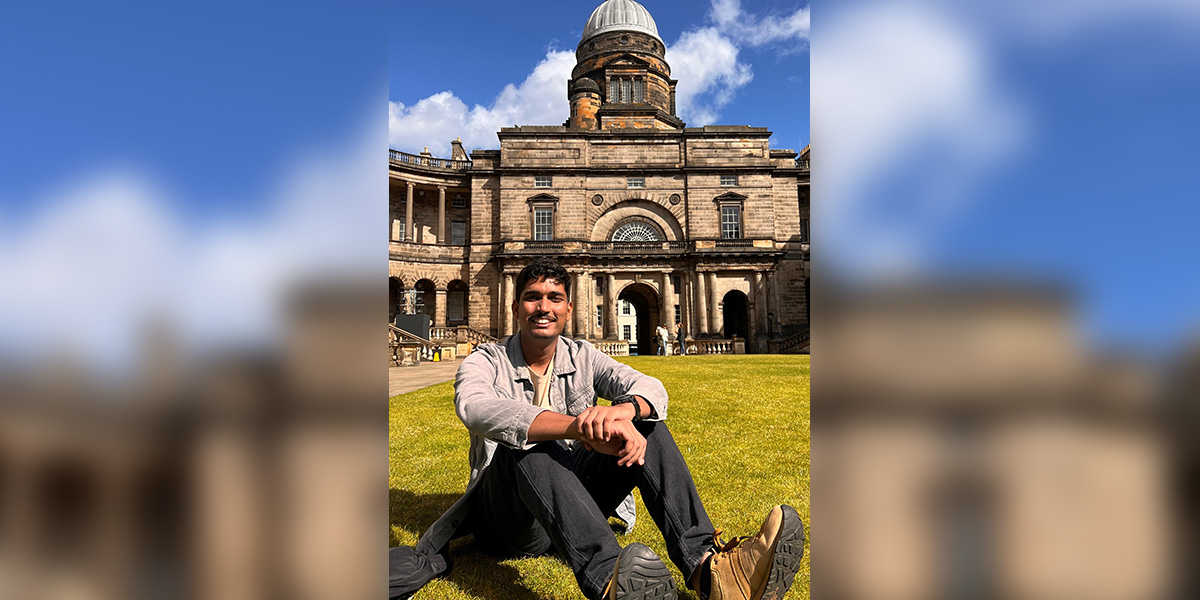The key lessons I learned when applying for a Masters

By Omkar, from India, studying MSc Advanced Chemical Engineering.
I’m currently pursuing my Masters which I started in September 2024. Prior to this, I completed my Bachelors in Chemical Engineering in Mumbai, India, and worked for three years before deciding to further my education in the UK. In this blog, I want to share my experience of the application process and offer some key tips I learned along the way.
Starting the research process
I began my research into the application process by visiting the Degree Finder webpages, where I found all the essential details about the course, including the tuition fees, funding options, and application process. The course fee for my programme was £35,300, including a deposit requirement, all of which was clearly outlined on the website. The site also provided helpful information on scholarships and how to apply. If you need more details, there’s also an email address listed where you can reach out directly – I used it to enquire about the available course modules.
Getting started with the application
The biggest single recommendation I can offer is to begin the application process early. I started looking at universities and considering my options back in November 2023, almost a year before my programme began. My background is in Polymer Engineering, which is related to Chemical Engineering but a bit different, so I was unsure whether my undergraduate qualifications would get me on to this programme. To address my concerns, I contacted the Programme Director directly and was pleasantly surprised to receive a prompt response where he encouraged me to apply. While he confirmed that the final decision would be made by Admissions, having looked at my background and experience, he assured me I stood a good chance of receiving an offer. So, speaking from personal experience, I can confirm if you have any doubts or questions, it’s worth getting in touch – reaching out can really help!
Writing the personal statement
When it comes to the personal statement, I’d advise carefully reading through the guidelines provided on the website, particularly the sections detailing the skills and experiences they’re looking for. Reflect on your own background and pick out experiences that align with these requirements. For me, it was important to highlight my strong interest in carbon capture and how my previous work and studies had prepared me for this specific area of research. I made sure to mention the University of Edinburgh’s expertise in this field, as this was a strong motivation for me in choosing to pursue this particular programme.
Submitting your application
As I said earlier, and will reiterate here, it’s important to submit your application as soon as possible. I applied in December and received my offer at the end of January / early February (I can’t remember exactly but it was about then). This was a full 8 months before I was due to start my studies, so gave me ample time to organise my finances and take care of everything else that I needed to sort out (visa, accommodation, etc) prior to arriving in Scotland.
Final thoughts
Everyone’s application journey will be different based on their unique circumstances, but I hope my experience gives you a clear idea of the process and timeline. Starting early, asking questions, and being proactive in both the application process can make all the difference in successfully navigating your way to a Masters degree at Edinburgh.
Find out more
MSc Advanced Chemical Engineering



